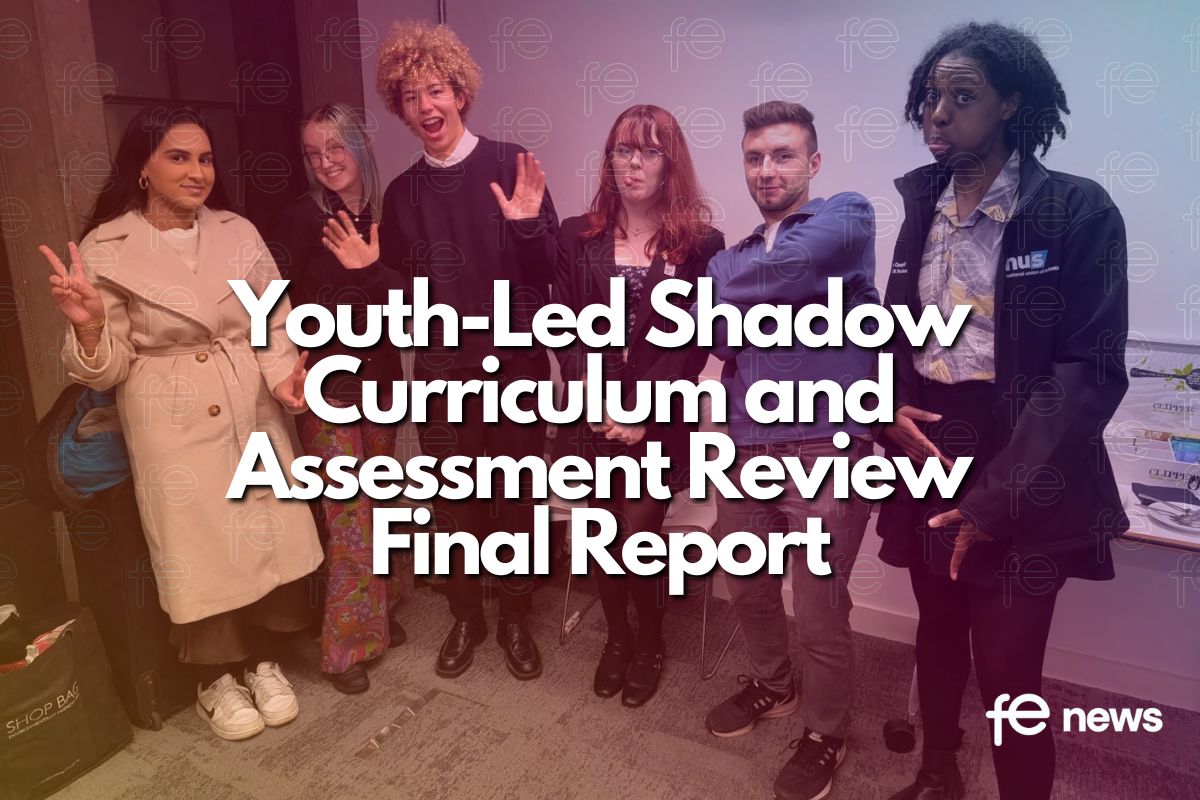What should we do if we suspect a member of staff or student has coronavirus?

Coronavirus: Your questions answered
1. What restrictions have the government put in place for people who have travelled to/from an ‘at risk’ country?
Current guidance recommends that if the country (or province) falls into Category 1, travellers should self-isolate, even if they don’t have any symptoms, and call NHS 111 to inform them of their recent travel.
If the country or province falls into Category 2, travellers don’t need to undertake any special measures, but if they develop symptoms they should self-isolate and call NHS 111.
We recommend you regularly review the Category 1 and 2 lists.
2. What should we do if we suspect a member of staff or student has coronavirus?
If you believe they have been in contact with someone with the virus, or they have recently returned from one of the ‘at risk’ countries mentioned above, they should follow government advice. Otherwise you can deal with their illness normally.
3. Can we insist that a member of staff or student suspected of having coronavirus should self-quarantine for 14 days?
If the country is one of those included in Category 1 you can insist they self-isolate for the recommended period.
If staff or students exhibit the symptoms of the virus, you should ask them to go home and ring NHS 111 to obtain further advice.
If the individual is tested for the virus and the result is negative, they will be advised about returning to college. You can request to see a copy of this advice before they return.
If the test is positive, you will be contacted by your local Public Health England Health Protection Team to advise on actions you need to take.
4. Do we have to pay anyone who is absent because they are self-isolating or are suspected of having the virus?
If they are sick then you should apply your usual sick pay policy. However, if they aren’t ill, but they decide to follow government/health advice and self-isolate, you may not have to pay them unless they have a contractual right to payment. Health secretary Matt Hancock has said self-isolating staff should get sick pay. However, this does not change the law.
However, if you exclude someone from work ‘just in case’ they have the virus you will have to pay them in most circumstances.
We recommend you take advice regarding payment arrangements.
ACAS has recently published helpful guidance on this point.
5. Can we ask members of staff to provide cover for those who are ill or in quarantine?
Yes, provided your staff agree or you can rely on a contractual term in their contracts of employment and any extra hours do not contravene the Working Time Directive.
6. Do we need to take special measures to protect staff who are most at risk if they are exposed to coronavirus?
Current advice is that coronavirus causes more severe symptoms in people with weakened immune systems, older people, and those with long-term conditions like diabetes, cancer and chronic lung disease. You may need to put in place measures to protect those who are most at risk, such as allowing staff to work from home.
You must conduct a risk assessment if working conditions could involve risk to new or expectant mothers or their babies. You are expected to take steps to reduce any identified risk. Ultimately, if there is no way of alleviating the risk (such as assigning them to a different role) you may have to suspend on full pay.
7. Do we have to shut our college if an employee or pupil is diagnosed with coronavirus?
Not unless you have been advised to by your local Public Health England Health Protection Team.
Joanne Mosele, Senior Associate Solicitor, Irwin Mitchell











Responses